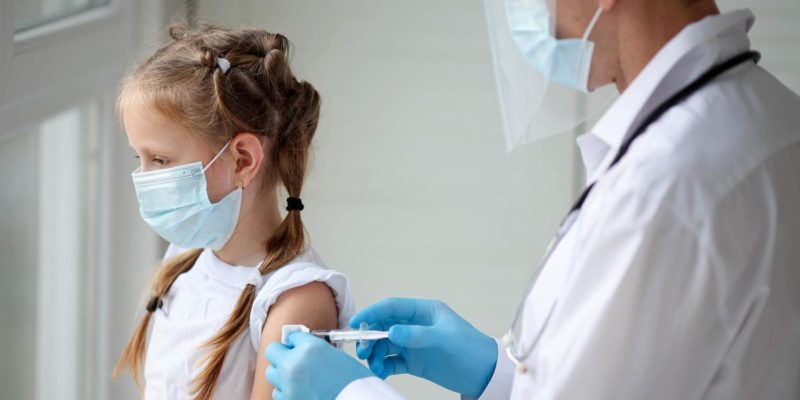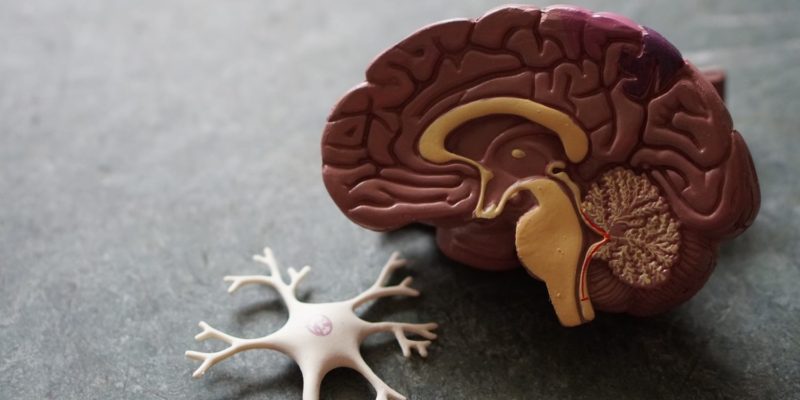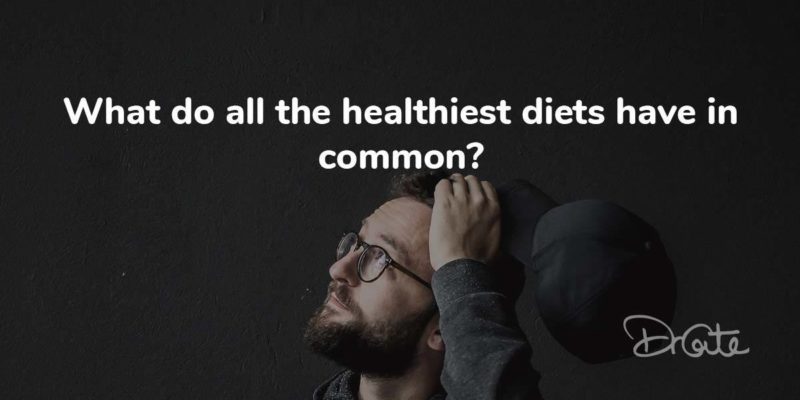Low Carb Diets Reduce Blood Pressure
A new study suggests Dr. Atkins was right: A high carb diet is not a healthy diet, and cutting carbs trims more than just your waistline. While both low-carb and low-fat diets can help you loose weight, Duke University’s well-designed study makes it pretty clear that if you want to reduce your weight and your pressure, a low-carb diet is a better choice. From Today’s Medscape Family Medicine: “January 25, 2010 (Durham, North Carolina) — A new randomized trial comparing a low-carbohydrate diet with a low-fat diet in combination with the weight-loss drug orlistat has found that both strategies produced meaningful weight…



